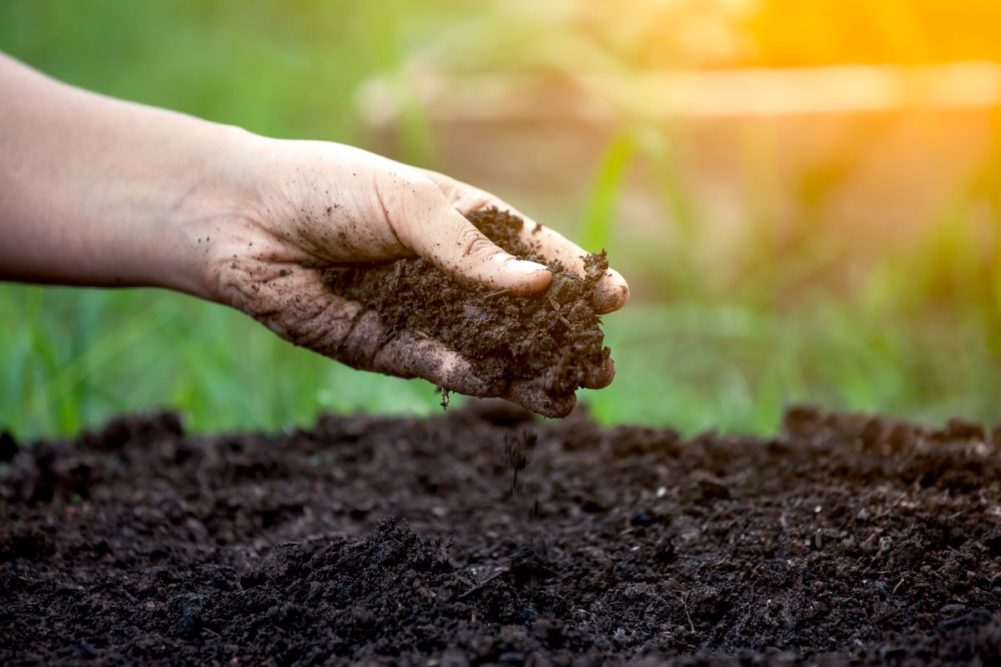VEVEY, SWITZERLAND — Nestle SA has begun pilot testing in the United Kingdom for a new sustainable agriculture solution that uses cocoa shells to create a low-carbon fertilizer.
The trial program will examine how the cocoa-based fertilizer affects wheat crop production, soil health and greenhouse gas (GHG) emissions over a two-year period. Currently, the use of conventional fertilizers is responsible for more than 50% of the carbon footprint of UK-produced wheat, in addition to nearly 5% of global GHG emissions when combined with fertilizer production emissions. The low-carbon alternative could help establish not only a lower emission supply chain that uses recycled ingredients from waste streams, it also could result in a sustainable input for farmers at a reliable price.
“Farmers often find themselves to be among the first groups exposed to global issues, and these risks are then borne by the food system we all depend upon,” said Matt Ryan, regeneration lead at Nestle UK & Ireland. “We have to find ways to build more resilience into the system and optimizing our use of natural resources is a critical part of this.”
Cargill will process the cocoa at its York facility to create ingredients for Nestle’s confectionary brands, and the upcycled shells will be supplied for the program. Following a successful pilot, Nestle would be able to introduce up to 7,000 tonnes of the low-carbon fertilizer to wheat farmers in its UK supply chain, equivalent to roughly 25% of the company’s fertilizer use for wheat in the country.
“This project is a small, but very meaningful step toward a net zero future, where farmers, local enterprises and nature all stand to benefit,” Mr. Ryan said.
The test is part of Nestle’s goal to reachnet zero emissionsby 2050, along with its commitments to source20% of its key ingredientsfrom regenerative agriculture practices by 2025 and 50% by 2030.




